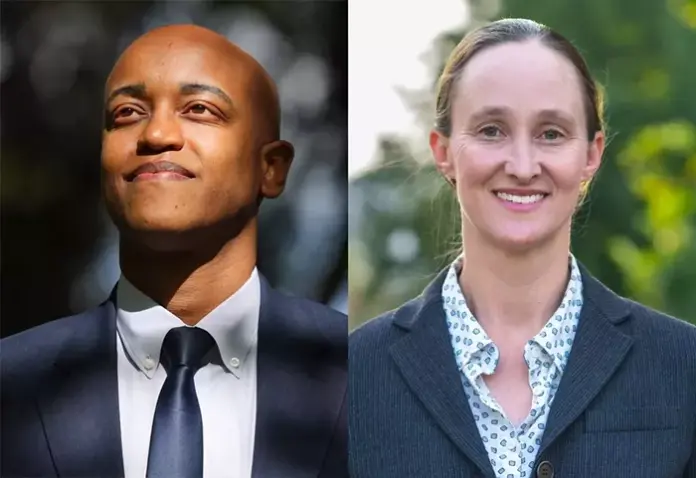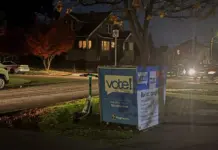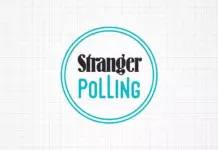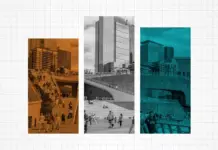This post was originally published on this site
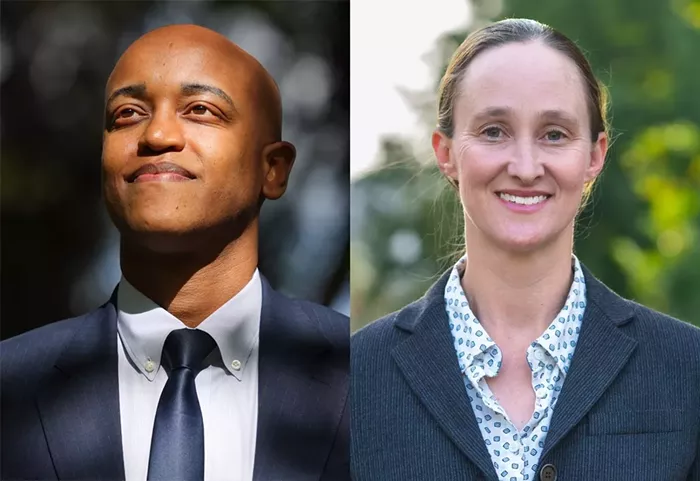
Seattle, this is the week that will decide what kind of city we are. Not in speeches or slogans, but in ballots cast, or not cast. The stakes are higher than any poll will tell you: whether we choose courage over fear, compassion over convenience, and hope over the slow decay of cynicism. If you’re tired of watching the same people make the same promises while your neighbors struggle to stay housed, fed, and heard, don’t sit this one out.
I’ve called this place home for nearly 80 years. I have seen this city through its seasons of promise and heartbreak, through booms that built towers and busts that broke families. I’ve watched too many mayors and executives come and go, each one pledging affordability, opportunity, and equity. Yet too often, those promises have gone unfulfilled, while the cost of living soared and our neighbors were pushed out, evicted, or became unhoused.
This election season has been especially hard to watch. Too much of the coverage flatters the powerful instead of challenging them. Too often, the debates focus on who seems “relatable” while the people who most need help are left unseen and unheard. Too many conversations treat the Black community like it begins and ends with Bruce Harrell, forgetting the Black women, mothers, and grandmothers who have carried this city on their backs while being pushed further to its margins. (Marcus Harrison Green, my son, sits on the Stranger’s Election Control Board.)
It pains me. How do we say we “believe women,” but dismiss the words of his niece Monisha Harrell, or the Black mothers who have lost their children to gun violence?
When I worked at what was then the West Hill Family Center (now renamed the Cynthia A. Green Family Center), my phone rang constantly with calls from people in crisis. Parents on the verge of eviction, seniors stretching one check to cover both food and medicine, young people trying to find work but without bus fare to get there. Folks doing everything they can to hold on. They were tired, scared, and desperate for help.
I am no longer at that job, but the calls never really stopped. People still reach out, neighbors, strangers, sometimes former clients, asking for rent assistance, for clothes, for hope. And when I can’t find them the help they need, I ask if they’d like to pray together. We pray that the rent money will come through, that they’ll keep their homes, that tomorrow will be gentler than today.
So when I hear people say they might not vote in our local election, because they’re afraid of what a progressive woman like Katie Wilson, or an immigrant man like Girmay Zahilay in leadership might mean under a Trump administration, I think about what a privilege it must be to let fear make your choices for you. What a privilege it is to choose cynicism over courage, comfort over compassion, and “good enough” over better. And I ask: Has fear ever saved us?
No. It has only kept us from moving forward.
If we can’t find the courage to vote, then when will we? When trans children lose access to healthcare? When immigrants parents continue to be torn away from their children? When our neighbors and friends who have fallen through the cracks and now live on downtown streets are swept away with little warning, their few belongings thrown out, and their dignity treated as disposable? When our teachers, librarians, artists, bus drivers, baristas, the very people who give Seattle its character and soul, are priced out of the city they built, forced to leave with no way back, will we show a spine then? If we can’t act now, when the choice is right in front of us, what makes us think we’ll act later, when the stakes are even higher?
Seattle has always been a place that fights for its better self. That’s why I believe this is still a time to hope—and a time to vote. Not for fear, but for faith. Not for the comfort of the few, but for the dignity of the many.
I was raised to believe that our worth is measured by how we treat those with the least power—by how we lift one another when times are hard, and by how we affirm the dignity of every person. True leadership looks like that. And I’ve seen that spirit in Katie Wilson and Girmay Zahilay, leaders who don’t just perform empathy, but practice it. They see the people I’ve spent my life hearing from—the ones on the edge of eviction, the families choosing between rent and groceries, the young people working two jobs and still falling behind.
Wilson has been out there organizing for higher minimum wages and stronger renter protections. Girmay has been working to lift families out of poverty with bold, innovative ideas like Universal Basic Income. They show up when the cameras aren’t rolling. They listen, they act, and they build coalitions that are multiracial, multigenerational, and rooted not in the love of power, but in the love of people and community. So it simply isn’t true to say they haven’t been present in the community. They’ve been here all along, seen, heard, and hard at work.
The question before us is simple: Who will govern for the most vulnerable among us? Because if government is not for them, it is not for any of us. And the truth is, there are more struggling people than there are hoarding millionaires.
What’s truly at risk is our capacity to hope. When we surrender that, when we stop believing we can do better, Seattle becomes something unrecognizable: a city of wealth without warmth, and glass towers without grace.
I’m old enough that this may be the last time I ever vote for mayor or executive. But I will not cast my vote in fear. I will cast it in faith. Because the values of care, courage, and community that built this city are not dead. They are waiting for us to choose them again.
We can choose despair. Or we can choose to hope, and act, together. Because hope is not naïve. Hope is work. Hope is resilience. Hope is how we keep going, even when the road feels long.
So to the young people who feel like their votes don’t matter: They do, because you matter. You are not just the future, but the key to changing the present. And to my fellow elders who feel tired: Don’t give up. We need you. We need each other. I ask both groups, have your needs been met in these last four years?
Because if not, this is our moment to make it known. We have until Tuesday to remind this city what it stands for. To show that hope still has strength, still has purpose, still has muscle.
Because no light worth following waits for permission to shine, not from City Hall, not from the other Washington. That light begins within us in the courage to speak truth, in the strength to stand together, and in the work of reaching for one another until we all share justice.
Seattle’s soul has always burned brightest in its ordinary people, daring to love this city enough to demand more of it. It’s time to dare again.
Cynthia Green is an eight-decade resident of Seattle who grew up in the Central District, and the namesake of the Cynthia A Green Family Center in Skyway.












